#weird nature
Explore tagged Tumblr posts
Text









Umbilicaria rigida
Roughened rocktripe lichen, sandpaper rocktripe lichen
images: source | source
#lichen#lichens#lichenology#lichenologist#mycology#ecology#biology#fungi#fungus#nature#symbiosis#symbiotic organisms#algae#trypo#trypophobia#Umbilicaria rigida#Umbilicaria#rocktripe lichen#rocktripe#I'm lichen it#lichen a day#daily lichen post#lichen subscribe#life science#environmental science#natural science#the natural world#beautiful nature#weird nature#go outside
70 notes
·
View notes
Text

Actias Ningpoana
#whimsigoth#witchy#moodyvibes#moody nature#Luna moth#luna#witchy nature#green witch#dreamcore#Fairycore#weird nature#oddities#taxidermy#whimsicore#nature#moth#mothman#pastel#whimiscal
8K notes
·
View notes
Text

Dasymutilla vestita, a species of velvet ant, in southern New Mexico, US. Despite their name, velvet ants are actually wasps. The females, like the one in this picture, don't have wings and can inflict an extremely painful sting. However, they're non aggressive and will only sting in self defense. Males have wings and cannot sting.
#velvet ant#Dasymutilla vestita#cow killer ant#wasps#hymenoptera#fuzzy#bugs#nature#nature photography#biodiversity#animals#bugblr#arthropods#inaturalist#entomology#insect appreciation#fuzzy sweater#ant#except not an ant#cute bugs#no touchy#new mexico#desert creatures#Mutillidae#desert#southwest#weird nature#biology#zoology#animal facts
87 notes
·
View notes
Text
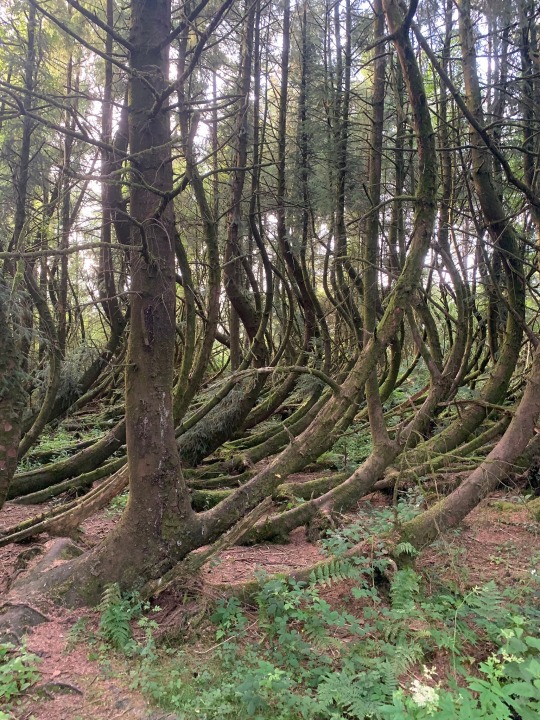
x
#aesthetic#nature#weird nature#treecore#trees#dendrology#plantcore#plantwave#ferns#greenery#druidcore#green#forestcore#naturecore
333 notes
·
View notes
Photo

Meet the real life “Bulbasaur”! That Pokemon is famous for being a dinosuar-like animal with a flowering green plant that grows on its back and provides energy. It sounds like pure fantasy, but there is actually an animal that has a similar lifestyle...
“There are several species of sea slugs that have evolved to look like leaves. One example is the Elysia chlorotica, also known as the eastern emerald elysia or the "solar-powered sea slug". This species of sea slug is found along the east coast of North America and is known for its bright green color and leaf-like appearance, which allows it to blend in with the surrounding seaweed. In addition to its leaf-like appearance, the Elysia chlorotica has the unique ability to steal genes from the algae it consumes, allowing it to photosynthesize and use solar energy to survive. This makes it one of the few animals on Earth that is capable of harnessing the power of the sun to meet its energy needs - it can go without eating for 9 months because it can photosynthesize just like a plant while basking in the sun!”
(Source: The Organic Consumers’ Association of Australia Linked In page) #biodiversity #nature #wildlife #naturephotography #macro #conservation #birds #naturelovers #biodiversit #wildlifephotography #climatechange #environment #sustainability #photography #biology #biodiversidad #animals #insects #ecology #insect #bird #biodiversidade #flowers #macrophotography #naturaleza #forest #perfection #earth #science #wildlifeconservation
#biodiversity#nature#wildlife#nature photography#macro_captures_#conservation#slugs and snails#sea slug#slugs#molluscs#elysia#green#photosynthesis#solar power#weird nature
442 notes
·
View notes
Text




Can you tell the difference between moss (which is a plant) and lichen (which is not a plant)? Here are my photos. Top photo (lichen), second photo (moss), 3rd photo (lichen), bottom photo (closeup of lichen). Weird and wonderful!
20 notes
·
View notes
Text
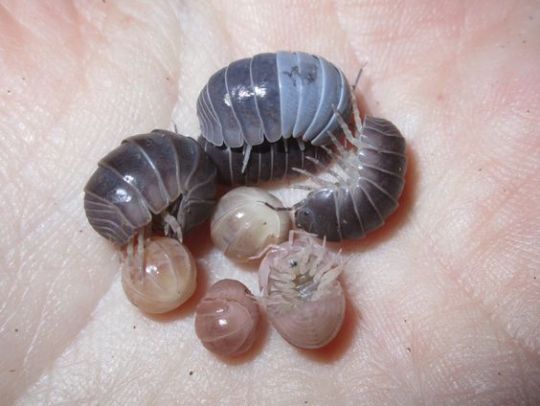
★
#animals#isopods#isopod#crustacean#indie#indie tumblr#nature#grunge revival#grunge#soft grunge#pale grunge#grunge tumblr#2012#weird#weird core#weird nature
23 notes
·
View notes
Text
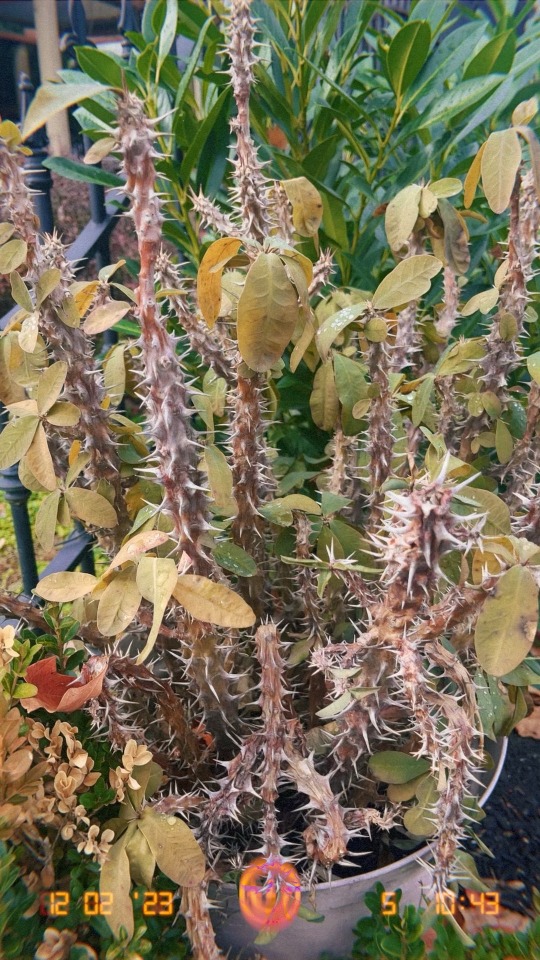
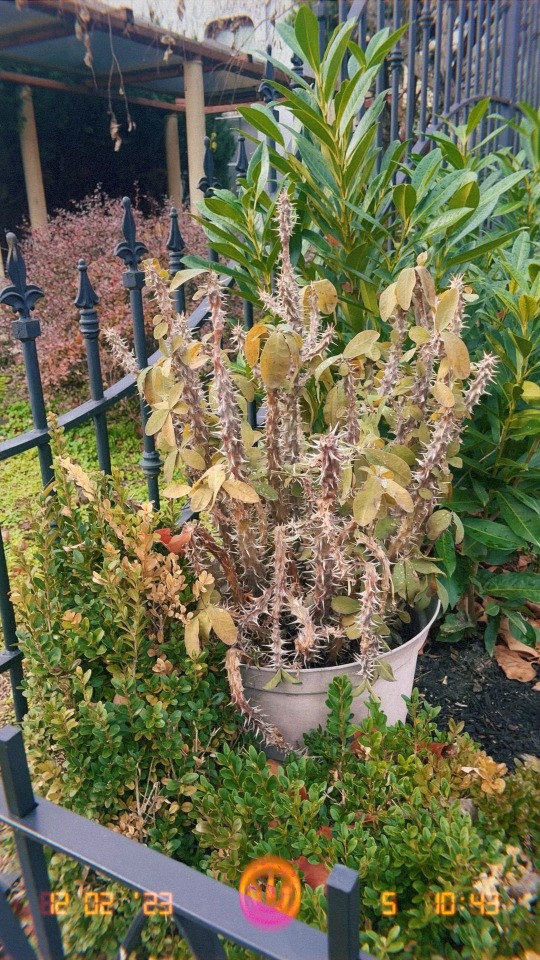
#myspiritworld2001#film journal#so strange#strange#strangecore#weird#weirdcore#earth#nature#aesthetic#greenery#nature aesthetic#nature’s beauty#weird nature#spiky#photos#pics#film photography#december 2023#2023#daytime#lapse#lapse app#oddcore#odd#peculiar#beautiful#heaven#heaven on earth#cityscape
11 notes
·
View notes
Text

6 notes
·
View notes
Text








Lecanora helicopis
images: source
#lichen#lichenology#lichens#lichenologist#mycology#ecology#biology#fungi#fungus#nature#trypo#trypophobia#symbiosis#symbiotic organisms#Lecanora helicopis#Lecanora#the natural world#beautiful nature#weird nature#life science#environmental science
74 notes
·
View notes
Text
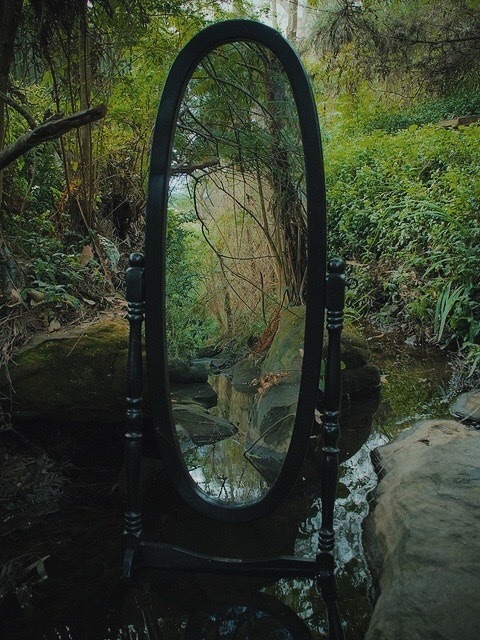
falling out of place
#whimsigoth#witchy#moodyvibes#whimsicore#dreamcore#esoteric#whimiscal#liminal nature#liminalcore#dream aesthetic#dreamy#fairycore#weird nature#moody nature#witchy aesthetic#witchy vibes#hedge witch#witchcore#green witch#moody vibes#moody landscape#limimal space
2K notes
·
View notes
Photo
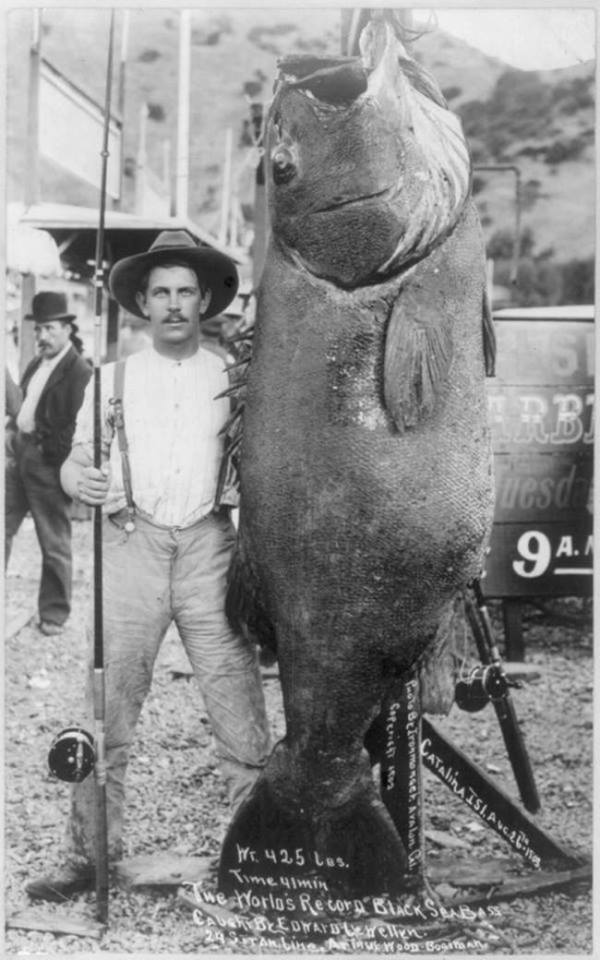
The World’s Record black sea bass caught by Edward Llewellen. It weighed 425 lbs. He brought it in alone in 1903. This record fish was surpassed in 1968 by a 563-pound giant sea bass caught by James McAdam, Jr.
read about it here
#fishing#fish#record#world record#fish record#sea bass#history#oddities#giant sea bass#cool nature#weird nature
17 notes
·
View notes
Text


Look at this! I found a tree with this large growth-like tumor while walking in the woods at a local nature preserve. Does anyone know what this is? Why it happens?
I was thinking it would possibly be a chaga mushroom, being the size of an infant, hanging off the tree. But I wasn’t sure! Let me know in the comments!
#tree tumor#weird nature#trees#trees and forests#arbology#nature#naturecore#nature facts#curious questions#does anyone know#q and a#ask#goblincore#moss
14 notes
·
View notes
Text
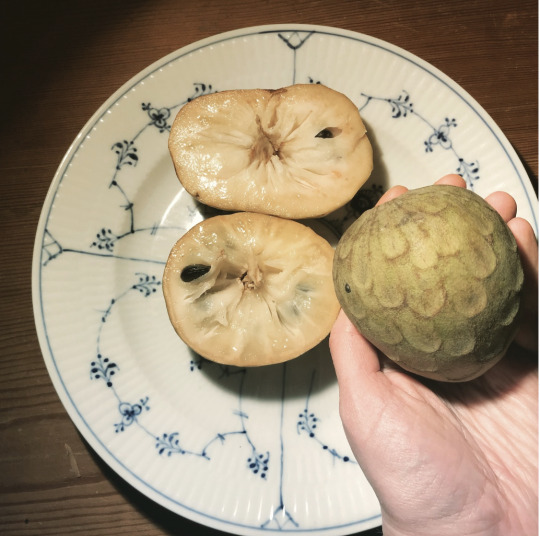
What is this curious object in my hand? With its scale-like pattern, it looks like a dragon's egg but it is actually the fruit of the Cherimoya Tree (Annona cherimola). The Cherimoya fruit is also called a "custard apple". It was a complex flavour similar to pear, custard, pineapple, and mild mango blended together. The inner part of the fruit is silky smooth surrounded by flesh textured like an Asian pear.
The Cherimoya name comes from the Quechua word for "cold seeds" and the plant has been cultivated in the Andes and Central America since prehistoric times. The Cherimoya fruit appears in the exquisite ceramic art of the Moche people from over 2000 years ago. The fruit is still very popular in Peru and Chile, where it is used as ice cream flavouring and in other desserts.
The Cherimoya tree is difficult to cultivate outside its native range due to the lack of natural pollinators and the delicate fruits are challenging to ship. Only recently has this fruit become available in Europe. This fruit is packed with antioxidants, vitamin B, and fibre as well as a potentially harmful toxin called annonacin which can cause nervous system damage. The toxin is concentrated in the seeds and skin, so as long as you avoid eating those part the fruit is safe.
Just don't wait for it to hatch into a dragon!
#katia plant scientist#botany#plant biology#plants#plant science#fruits#fruit#cherimoya#chirimoya#south america#tropical fruit#dragon egg#weird nature#delicious#plant identification#botanical#plantblr#plant scientist#plant photography#plant aesthetic#plantcore#plantas#natural history
22 notes
·
View notes
Text
My last post about life found under hydrothermal vents got me really interested in the process behind chemosynthesis!
So I found this really helpful fact sheet from the US government's National Oceanic and Atmospheric Administration:
(it was free to find and download, so I assume I'm fine to share it here)


#marine biology#marine ecosystem#marine ecology#chemosynthesis#chemosynthetic bacteria#tube worms#marine mussels#mussel beds#ocean environment#weird environment#weird nature#protect the weird and wonderful#Ocean science#stem#ecological dynamics#photosynthesis#weird biology#biology#cool science#accessible science#open access
4 notes
·
View notes
